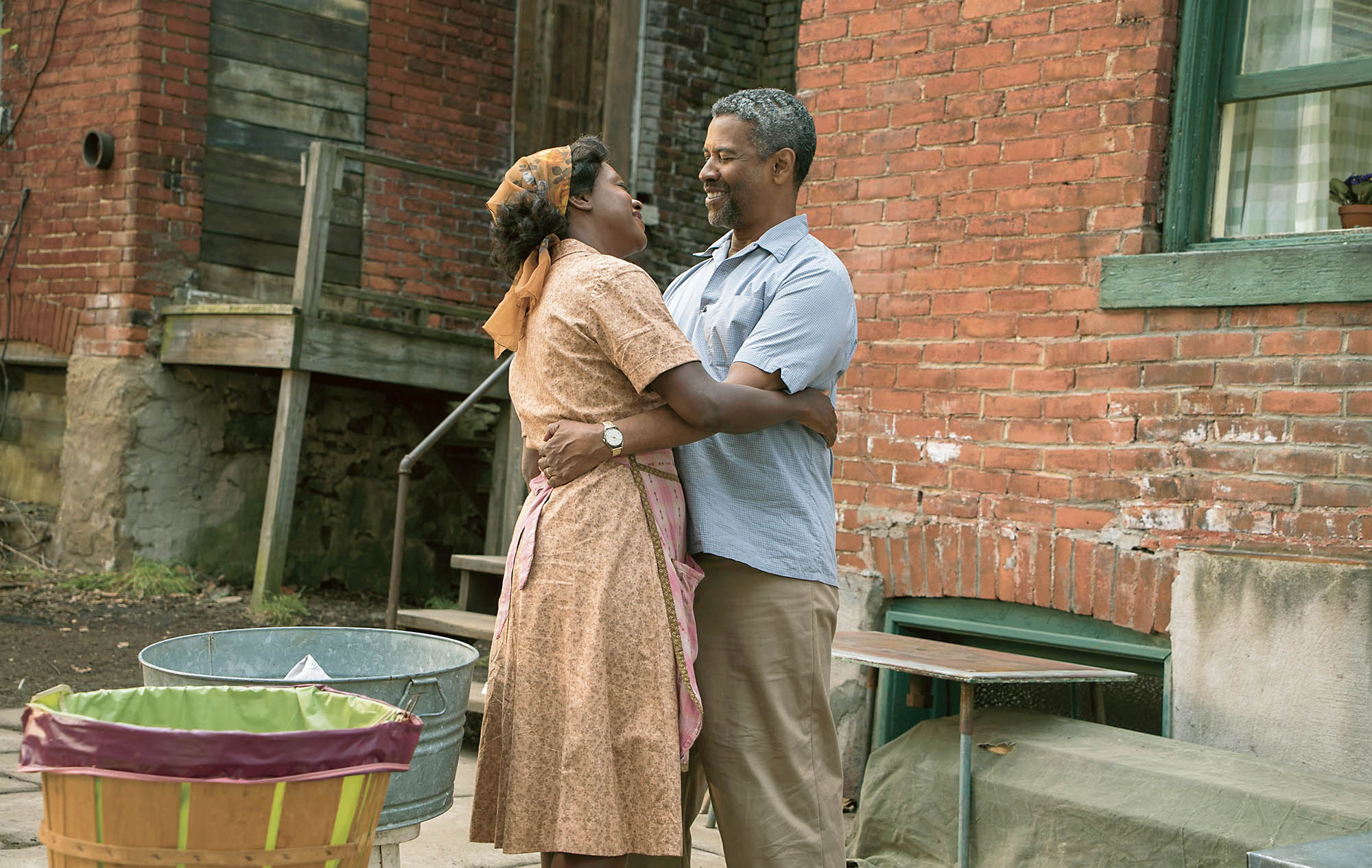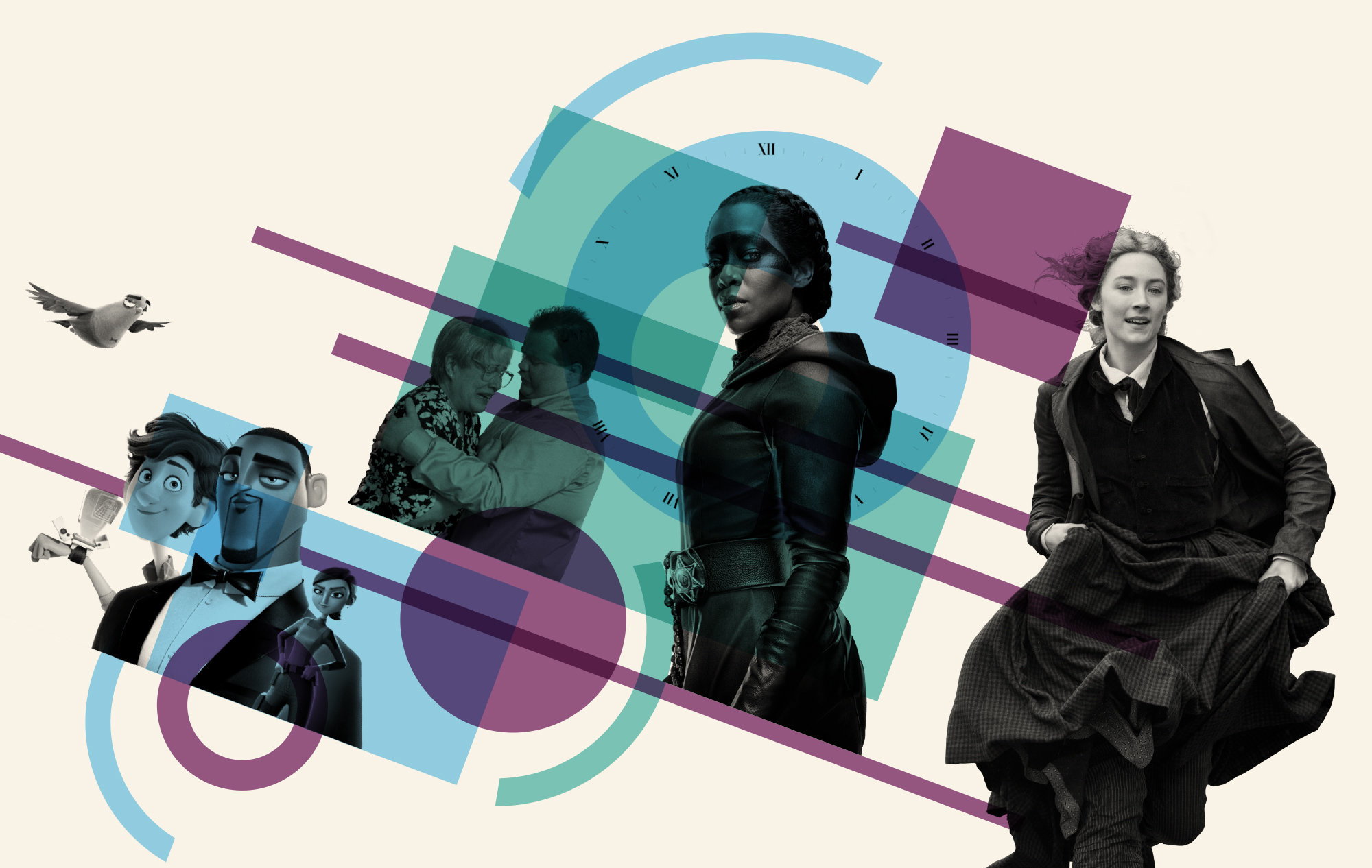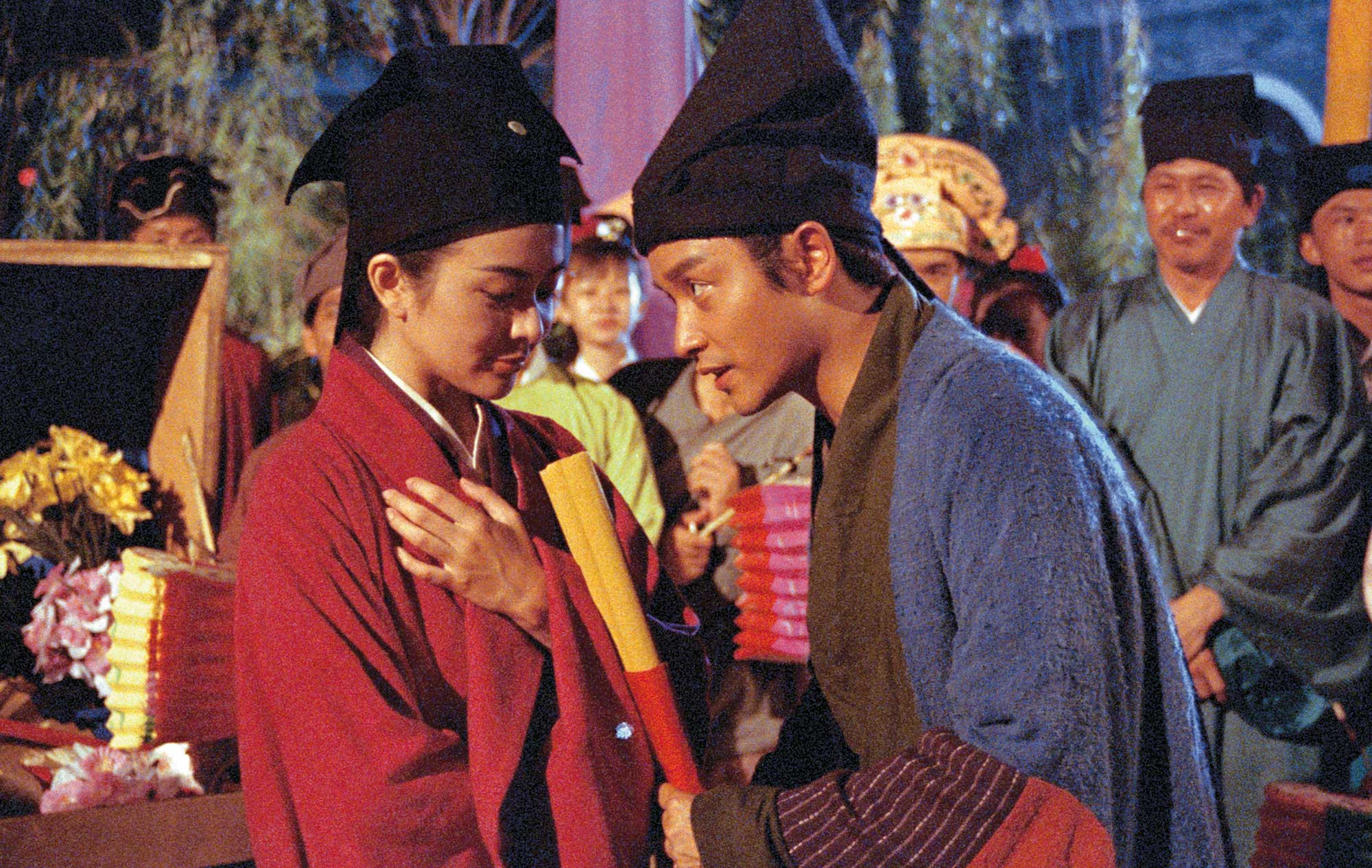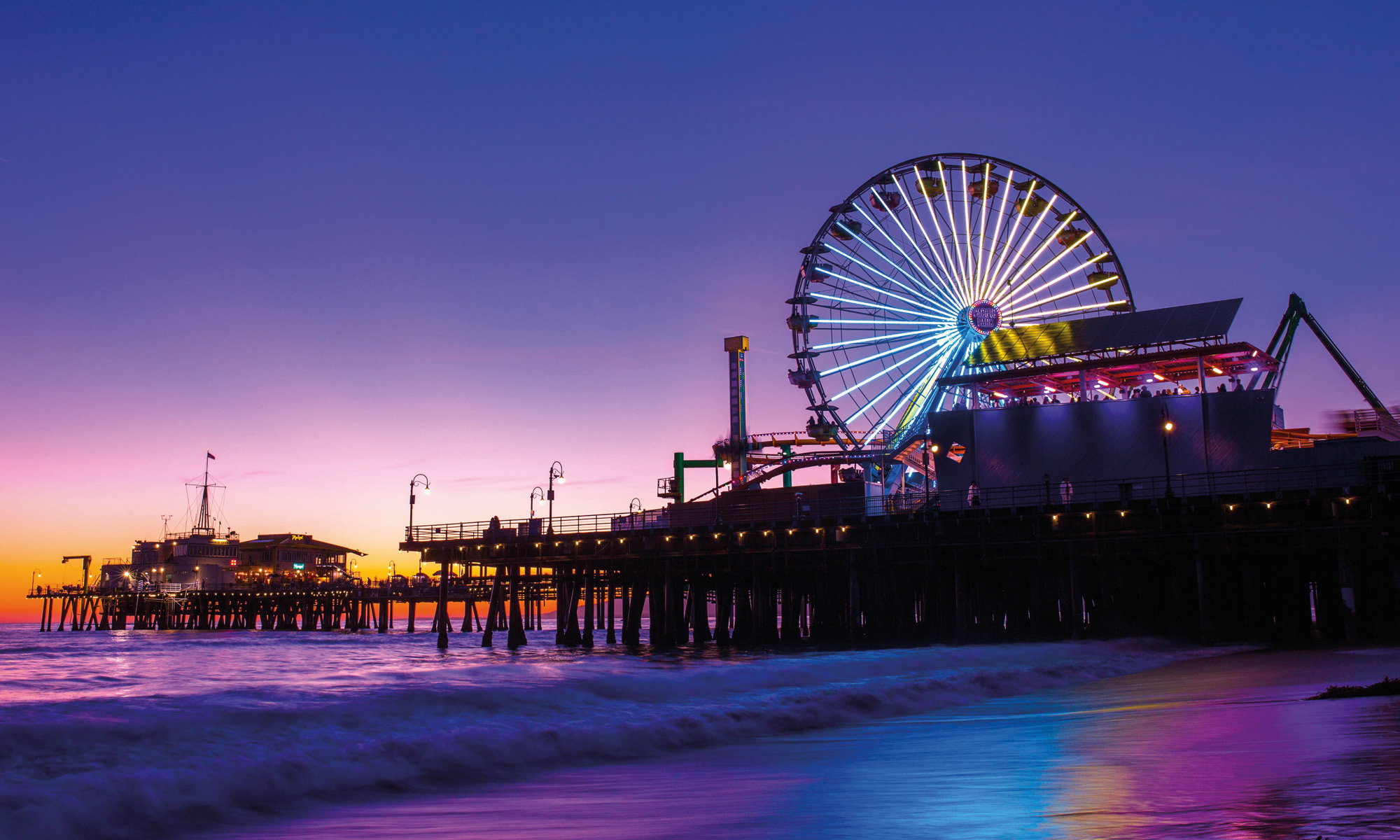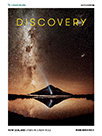Last year was a great year for films articulating the African-American experience. Two of these films that scooped up awards and earned the adoration of critics – Fences and Moonlight – explore the pride and pain of a tough, disenfranchised existence.
After starring in a 13-week revival on New York’s Broadway, Denzel Washington brings August Wilson’s Pulitzer Prize-winning play Fences to the screen as both director and star. Washington reprises his role as Troy, a middle-aged refuse collector whose career as a baseball player was blighted by racism. His ego bruised by a lowly job, he takes his frustrations out on his family and jeopardises his son’s college football scholarship. Their bitter arguments show how a lifetime of discrimination has bred jealousy and resignation to failure.
Like a face-off between world-class athletes, Washington and Viola Davis, who plays Troy’s long-suffering wife, match each other blow for emotional blow onscreen. One clutches tightly to his indignation and regret, and the other thrashes with a hurricane of outrage and pain. The pair toned down their stage performances for the intimacy of the camera, but the power of their portrayals remains.
Seldom taking the camera out of Troy’s home, Washington only makes minor adjustments to the play in the transition to cinema. Armed with a screenplay by the late Wilson, Washington and his acclaimed Broadway castmates offer a film full of tour-de-force performances that honour Wilson’s powerful words.
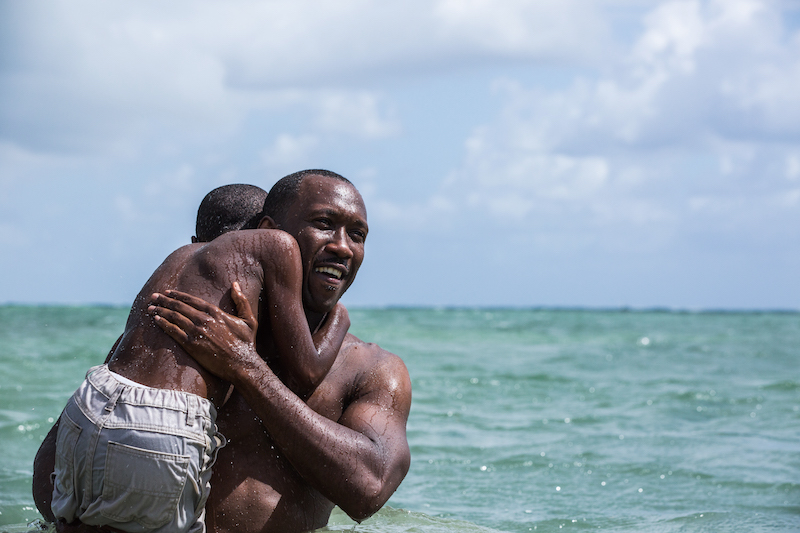
While Fences is about a man building a barrier between himself and his family, Moonlight is about coming out of your shell to embrace love. Inspired by the structure of Taiwanese film Three Times, Moonlight traces the three stages of its main character Chiron’s life: as a lonely, bullied boy raised in a crime-ridden Miami neighbourhood who finds guidance from drug dealer Juan (a role that won Mahershala Ali the Oscar for Best Supporting Actor); as a sullen adolescent with a bewildering attraction to a friend; and as an adult whose cast-iron toughness disguises vulnerability and longing.
Based on an autobiographical play by Tarell Alvin McCraney, Moonlight sees director Barry Jenkins boldly challenging stereotypes about masculine norms in African-American communities. And in contrast to Fences’ demonstrative drama, Jenkins’ approach for Moonlight is one of tenderness and delicate nuance.
Jenkins shoots in high contrast and a pearly sheen of blue – a reference to the play’s name, In Moonlight Black Boys Look Blue – while borrowing Wong Kar-wai’s romantic visual compositions and heart-tugging use of music. It’s a deeply empathetic work that establishes Jenkins as a talented auteur. Forget patronising comments like ‘triumph for diversity’ or ‘political statement’; Moonlight deserves the Oscar for being a film of ravishing beauty.



